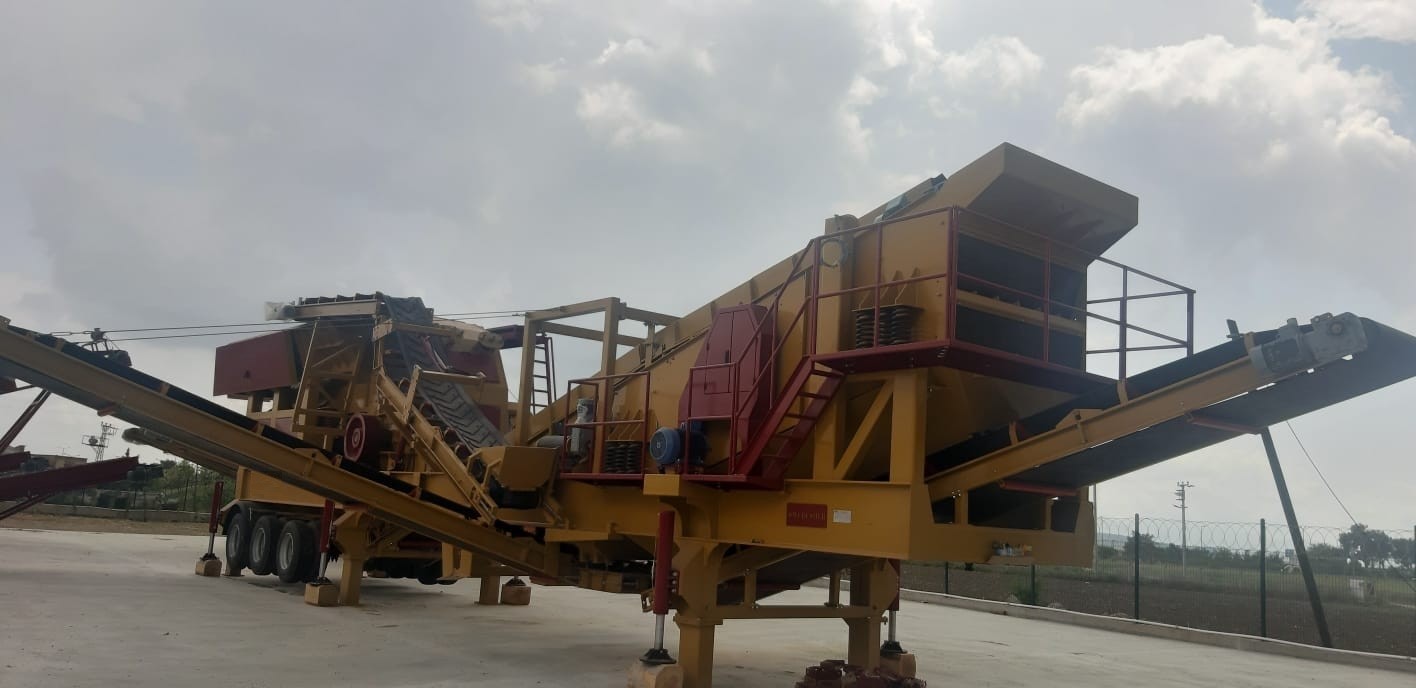150 Tons/Hour Crushing and Screening Plant
A 150 tons/hour crushing and screening plant is designed to process various types of aggregate materials such as limestone, granite, basalt, and gravel, with a production capacity of 150 tons per hour. This type of plant is typically used in mining, construction, and road building projects to produce high-quality aggregate for construction and infrastructure projects.
Components and Process:
-
Primary Crusher (Jaw Crusher): The first step in the process is the primary crushing stage, which typically involves a jaw crusher. The jaw crusher reduces large rocks into smaller pieces to make them suitable for further processing.
-
Secondary Crusher (Cone or Impact Crusher): After primary crushing, the material is fed into a secondary crusher such as a cone crusher or an impact crusher. This step further reduces the size of the material, creating finer aggregates.
-
Screening: After crushing, the material is sent to a vibrating screen for sorting. The screening process separates the materials into different sizes (e.g., fine aggregates, coarse aggregates, and oversized material). The sorted materials are then sent to different storage areas or conveyors for further processing.
-
Conveyors: Conveyors transport the materials between crushers and screens, ensuring a continuous and efficient flow of materials through the system.
-
Control Systems: The plant is equipped with a control system to monitor and adjust the operation of the crushers, screens, and conveyors. This ensures the plant operates efficiently and safely.
Advantages of a 150 Tons/Hour Crushing and Screening Plant:
-
High Capacity: The plant can process 150 tons of material per hour, making it suitable for large-scale operations.
-
Versatility: It can process a variety of materials, including hard and soft rock types.
-
Efficiency: Advanced control systems optimize the crushing and screening processes, ensuring consistent and high-quality output.
-
Durability: Built with durable materials, the plant is designed for long-term use in tough environments.
 English
English
 Le français
Le français
 Türkçe
Türkçe

